Misha's Anthology
PTSD in war veterans
PTSD, Shell-Shock, Soldier's Heart
The theme I selected for my Anthology are the effects of PTSD caused by war, a war, in general, is a subject that I have always been attracted too. Now that my interest in psychology has steadily increased over the passing years, the psychological effects of war have joined that initial interest.
Below you can find the pieces I have selected for this anthology, including a summary of my thoughts on each piece and how they relate to each other.

The research
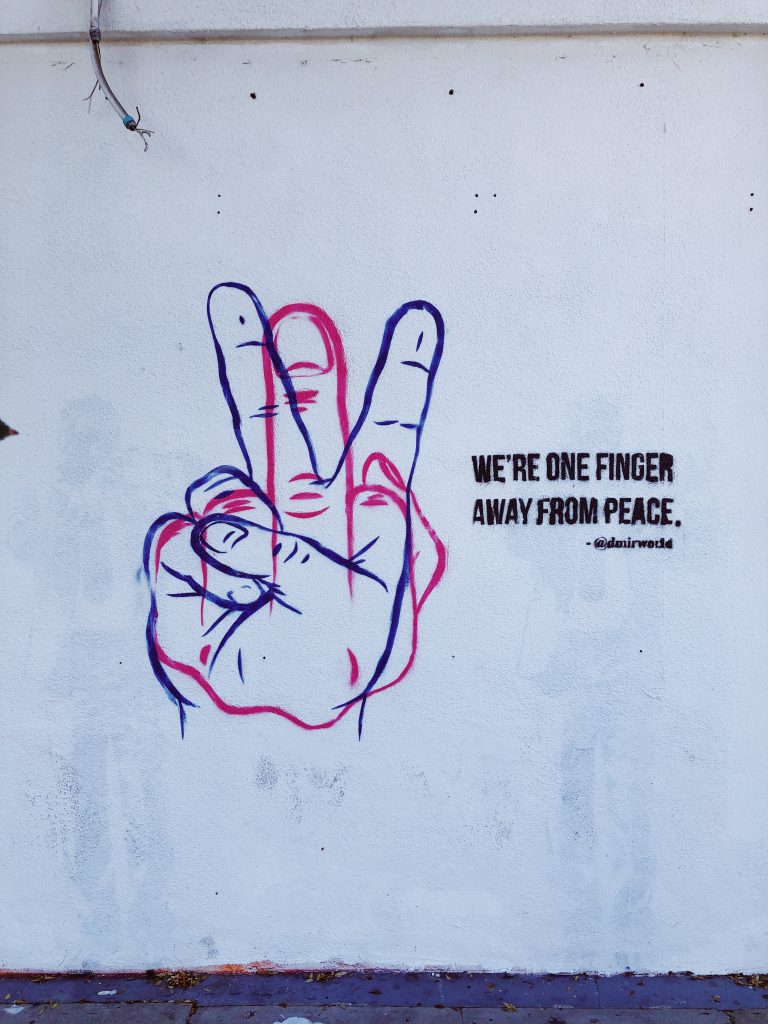
The research
When I first dove into this topic, I started by rereading a couple of pages of Ernest Hemingway’s books (For whom the bell tolls and A farewell to arms). In these books I was looking for passages to inspire me for the topic, eventually, I ended up just googling videos on YouTube which brought me to the Memoirs of WWII channel where I watched a video (https://www.youtube.com/watch?v=AfjCxwMVd8Y). After watching that video, I found myself asking, what must it have been like for that man to have gone through all that, what was it like for him adjusting when he returned home? Those questions set me on my path to discovering more about PTSD in war veterans, planting the seeds for my research. Surfing over the waves of the internet I started my search for books, movies, music, art, everything that was required for the Anthology. Bringing me insights and knowledge I was deprived of before, broadening my view and understanding of PTSD in general. I am a profound supporter of opening the discussion about mental health among youth and releasing the stigma that rests over talking about these subjects. That has been one of my categorical imperatives for years now, which has led me to join events and support charities that strife for the same goal. Doing the research required for this anthology and the insights it has brought me, only solidifies that conviction.
Most of the pieces used in this anthology, I encountered on my searches, from straight google searches to hyperlinks in articles and reviews of books. Each contributes to the common theme of PTSD in war veterans in their way, some may be from third-party perspectives where others are from first-person perspectives. The biggest commonality between these texts is that they all show a horrendously vivid picture of how dire the condition is. Other than that, there are several ways in which the texts can be utilized in the classroom depending on the objective, for some, this is described in the thoughts section. For others, I have yet to find a good way to implement them, I do however intend to keep expanding this anthology, adding different topics to it as well. Over the course of the coming 4 years, I want to have accumulated a decent amount of texts, exercises, activities and other useful things to aid me in my way to becoming a professional teacher. Ideally, this would be all collected on this website, but the exact implementation of that has yet to be researched.
Novels
Restless Souls by Dan Sheehan
Summary
After three years embedded in the Siege of Sarajevo, war correspondent Tom returns to Dublin a haunted shell of his former self. His childhood friends Karl and Baz know they’re laughably unqualified to help him but are determined to see him through the darkness. Together, they embark on a journey for an unlikely cure, to an experimental Californian clinic called Restless Souls.
Thoughts
After reading several summaries and reviews this book has immediately worked its way onto my ‘to read’ list. The book is told from the three different perspectives of the young men taking the places as the story’s protagonists. The differences in view, give us a good insight into how not only people directly affected by PTSD but also the people surrounding them are affected by it. It shows us that all characters have flaws, everyone is troubled by something, but when Tom, Karl, and Baz set on a journey to California to help their friend (Tom) deal with his unseen scars, we see a strong and old friendship bond rekindled. It is challenged and questioned along the way, but the three men persevere and move along their journey we see what real support, friendship and love can mean and do for someone going through a similar situation.
The book is a great way to gain insight into how people with PTSD are affected by it, and how to support them, it is by no means an educational book, it does not grant us straight points or flowcharts to deal with this. But it does give us a story that does a great job in elaborating on the hardships of PTSD and returning home after a war.
https://www.goodreads.com/book/show/36483180-restless-souls
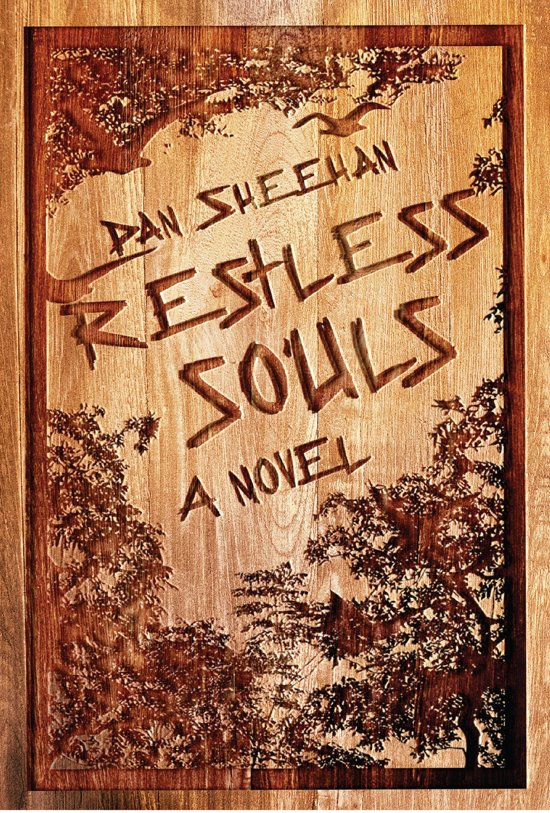
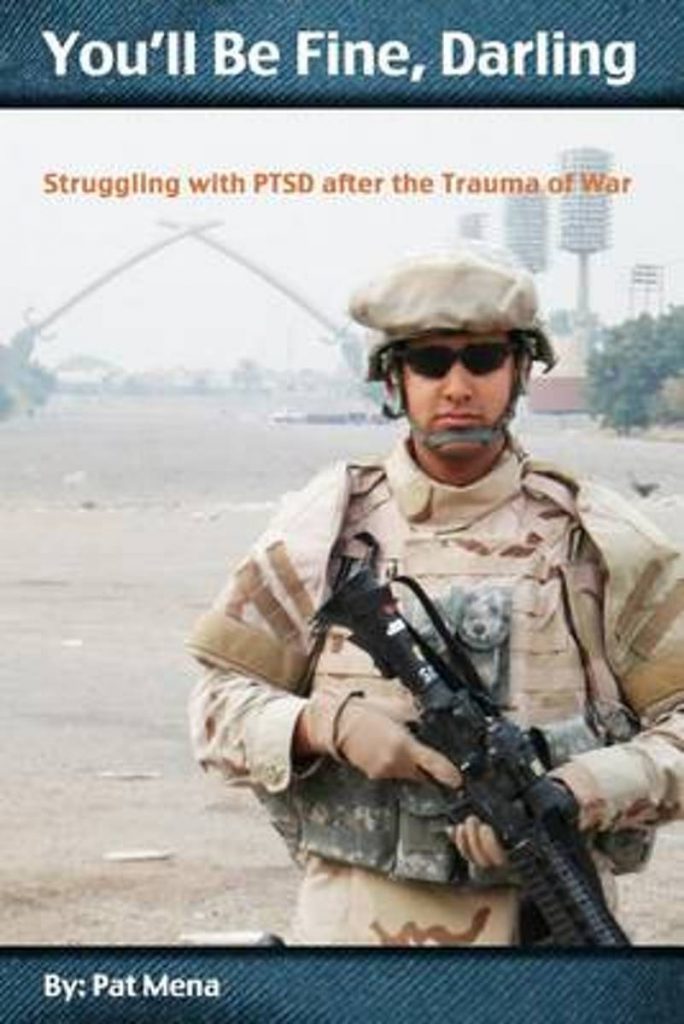
You’ll be fine Darling by Pat Mena
Summary
Anthony Patrick Mena enlisted in the Air Force at the young age of seventeen. Full of excitement, courage, and eager to serve his country during a time of war, Anthony volunteered to deploy to Iraq twice. He earned many decorations, medals, badges, and ribbons, including the Air Force Achievement medal, the Iraq Campaign Medal, as well as the Army Commendation Medal for his outstanding service in Iraq. However, with time, Anthony becomes a completely different person.
Thoughts
Much like the first book, I’ve found this, researched it and immediately decided I wanted to read it, all reviews seem to be very positive about the story and how it describes the struggles encountered.
This particular book is written from the perspective of Anthony’s mother, how she sees and experiences her sons battle with PTSD and the aftereffects of war. The story is truly heart-wrenching at times, yet still heart-warming to see a mother try her very best to help and support her son in this difficult time. Many veterans seem to believe this book to be one of the best descriptions of PTSD and its effects on the person who carries the burden and those around them. It helps us to understand the things people suffering from PTSD go through and gives us a great view of how their loved ones are affected by it.
The story being a true account of the life of Anthony Mena makes it only that more striking, the people are real, the scenarios are real, the feelings are real. It all makes for a great story, that deserves more attention.
https://www.goodreads.com/book/show/9442691-you-ll-be-fine-darling
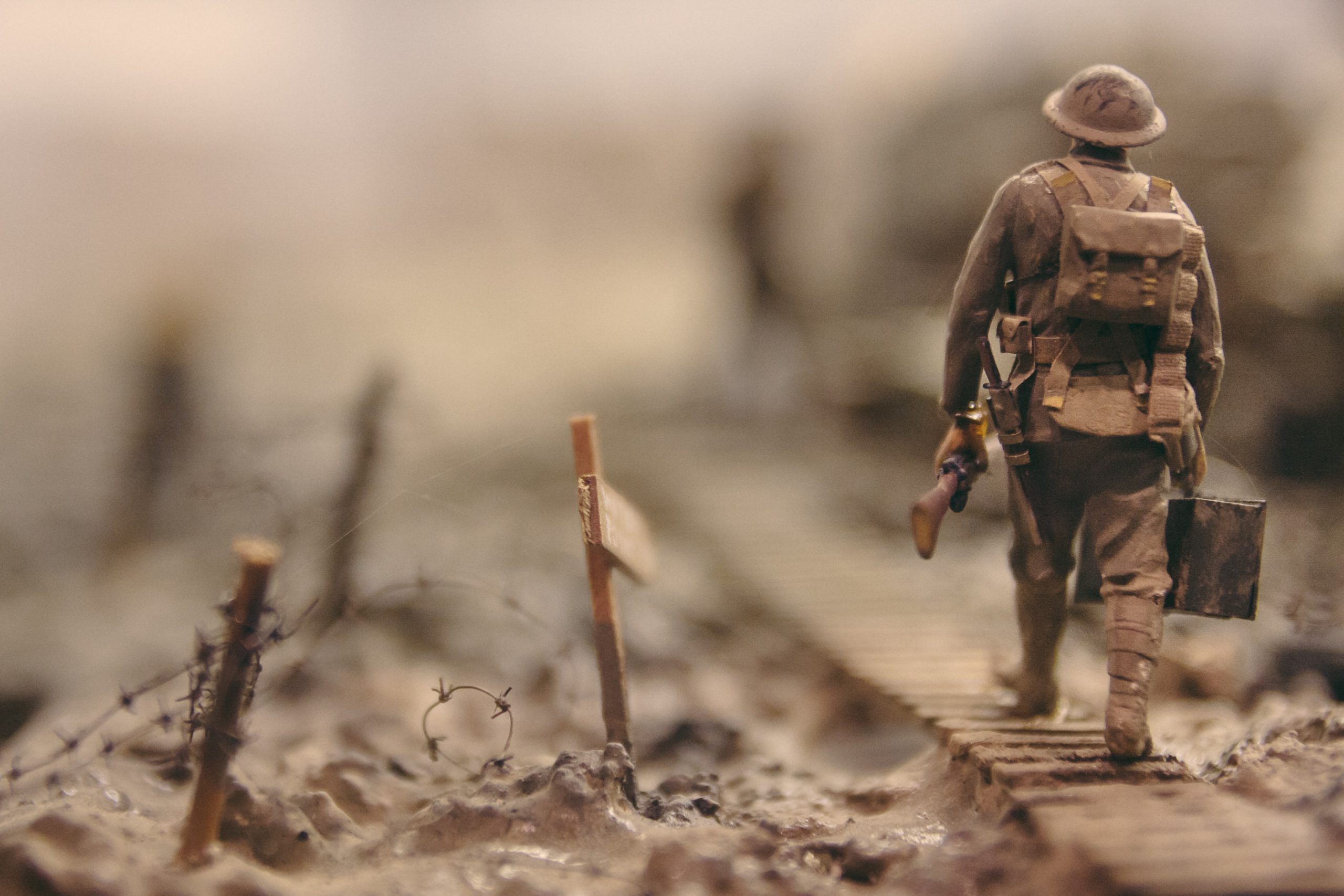
Short stories
Leaving the battlefield
Summary
After being diagnosed with PTSD in 2004 army vet Huerta didn’t believe a single word of it. It wasn’t until 2010 that he hid a brick wall and forced himself to get professional help. Troubled by memories of the war and his actions after returning home Huerta tells us of his experiences during his recovery. Tired of bringing the battlefield he left to his house, he continues his journey to recovery. It is time to come home.
Thoughts
This story is a very striking account of what it is like for a soldier to suffer from PTSD. The loss of meaning, the loss of self, the doubt, the fear, the feeling of misunderstanding, they all hold great meaning for these people. We often see that a lot of veterans have trouble starting their road to recovery and this story is a good example of that. Huerta takes us through the hardships, his doubts, his feelings and how he looks for meaning and security in the civilian world.
The story describes a man torn in half, a man missing something that was dear to him. We often hear that soldiers returning from the war are never the same, Huerta feels the same way about the country and home he returns to, everything seems off somehow. Huerta beautifully describes his road to recovery, “My mind tells me that I did not cause their pain and grief, but my heart tells me otherwise. I know I can’t change their pain, but I can change mine and the pain I inflicted on my family due to war. Only a Soldier understands that physically being home doesn’t mean coming home.”.
The way everything is written in this story really grabs the attention of the reader, taking us on a journey often overlooked by society. The struggle in the mind of a soldier suffering from PTSD may be unseen to the naked eye, but it is very present. Society has a role to play in their recovery, what role that may be is up to the individual to decide.
https://www.army.mil/article/78562/leaving_the_battlefield_soldier_shares_story_of_ptsd
Poetry
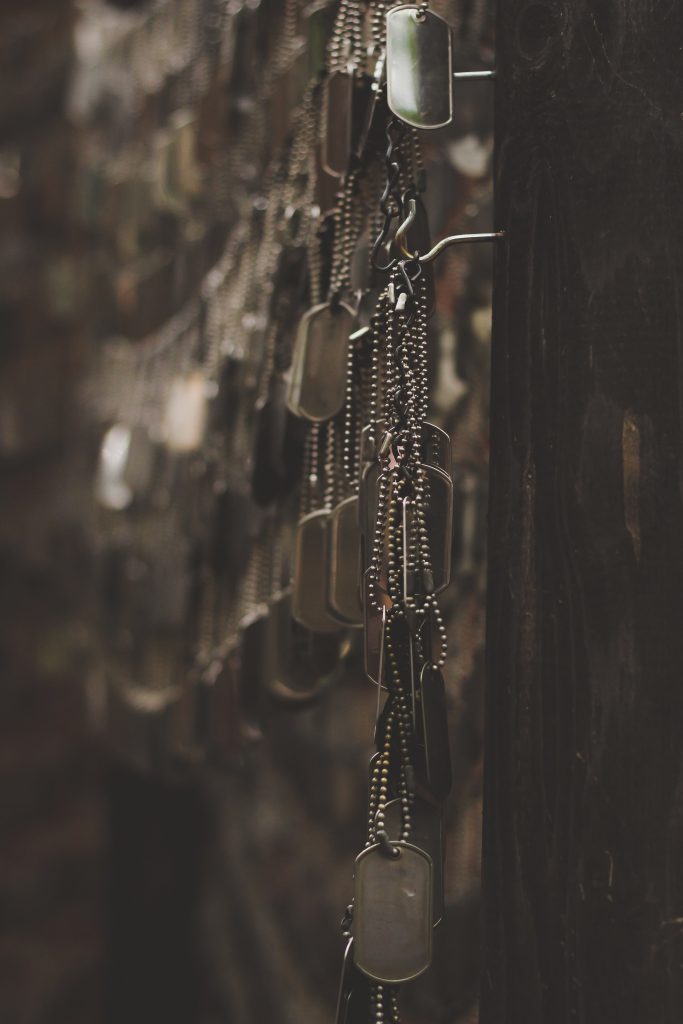
Where were you?
Summary
This poem was written by a daughter in memory of her father when he returned home from Vietnam. It gives a clear description of how soldiers were treated during those years, and poses an important question to Uncle Sam. Where were you?
Thoughts
The poem really does make you question how we treat veterans when they return from war. Of course, there is a distinction to be made. The poem is about the Vietnam war, and about an American soldier, we obviously have different views and ways of treating our veterans. Yet still, one does wonder on the question, do we do enough for those suffering from PTSD?
In most of the pieces in this anthology, you will find that most soldiers believe they didn’t get the proper support they were supposed to. Of course, the state isn’t the only one to blame, our army structures often don’t account for psychological support, it is not that they do not have facilities to provide the soldiers with. But the culture inside the military does not allow for much talk about these subjects, you are often viewed and called out as weak if you show your troubles. This is, in part, due to the stigma attached to mental health issues.
The poem Where were you invites us to ask these questions.
https://www.giftfromwithin.org/html/Poetry-by-Veterans.html
Musical piece
A soldier’s memoir by Joe Bachman
Summary
The song, written by Joe Bachman was commissioned by Lt. Jason Duff. Bachman was asked to create a song about PTSD in war veterans and took the project in with open arms. After several conversations with veterans, he set on the path to writing the song, with this as its result.
Thoughts
Listening to this song while reading along with the lyrics, overwhelms me with sadness. Every line in the song speaks volumes, the struggles of our veterans are expansive and abundant and maybe society doesn’t take it into account enough. It’s a very serious issue, but to see so many people come together and create such a beautiful musical piece about the struggle. It warms my heart to know that there are plenty of people out there supporting and helping people wherever they can.
I would advise reading through the comments below the song and you will see what I mean, so many people posting very supportive and loving messages to each other.
The Black Moods – Hey You
Thoughts
This song is one with multiple layers if you do not look into the lyrics and the reason behind writing the song you wouldn’t be able to tell that it’s all about PTSD. Which I think is a beautiful way to write a song, it leaves room for interpretation and is less direct compared to the previous song.
That makes it, that the song itself is a bit easier to listen to as fewer heavy things are described. Yet still, when you read into the lyrics and come across lines such as “bodies stacking up from a killing spree” and “it’s up to you, but can you do it without your friends?” you can’t help but question yourself what they are referring to. In essence, they refer to the struggle with PTSD, the hallucinations, the anger issues and the long hard road of recovery to embark on.
Movie or theatrical piece
Born on the 4th of July
Summary
The biography of Ron Kovic. Paralyzed in the Vietnam war, he becomes an anti-war and pro-human rights political activist after feeling betrayed by the country he fought for.
Born on the 4th of July scene
Ron comes home drunk in the middle of the night and gets into a screaming match with his parents. Kovic starts screaming that he and his fellow Marines killed women and children while in Vietnam, while his mother covers her ears with her hands, screaming back at him, calling him a liar. (Mom doesn’t want to hear the horrible truths her son is telling her!)
Thoughts
This movie is widely acclaimed to be one of the best representations of PTSD in war veterans. The soldier Ron Kovic was paralyzed in the Vietnam war and is now back home in a wheelchair, soon he resorts to drinking to numb his pain, but living in a very religious household makes things only harder on him. Frequently Ron clashes with his parents, their unwillingness to listen, his warped world view, it all creates a very dramatic scene. This movie gives a great and complete picture of the troubles in the mind of someone with PTSD. Although this movie does not go very deep into the details of recovery, it does give us a good look at how troublesome it can be, how great the burden can get for an entire family and how hard it is to work through experiences like that. This movie resonated with me because I know of a similar story told to me by one of my Sergeants in the Army. The resemblance in this story with what he told me of his own experiences helps me to understand his feelings and thoughts more completely. I do not think I will ever completely understand what it’s like for them, but elaborate movies and stories like I’m explaining here definitely help me.
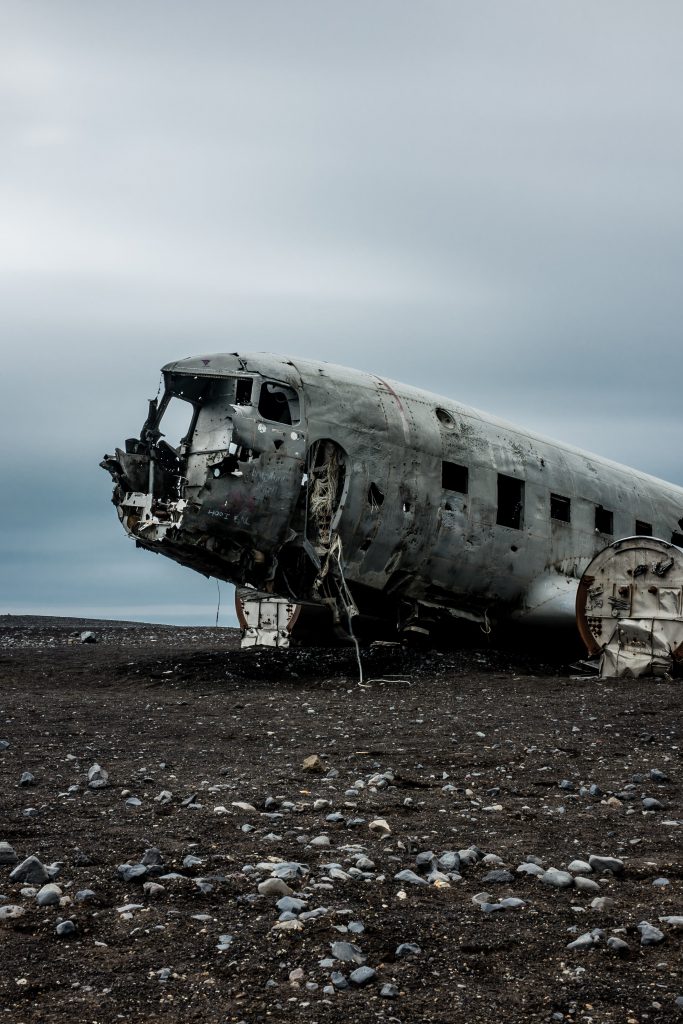
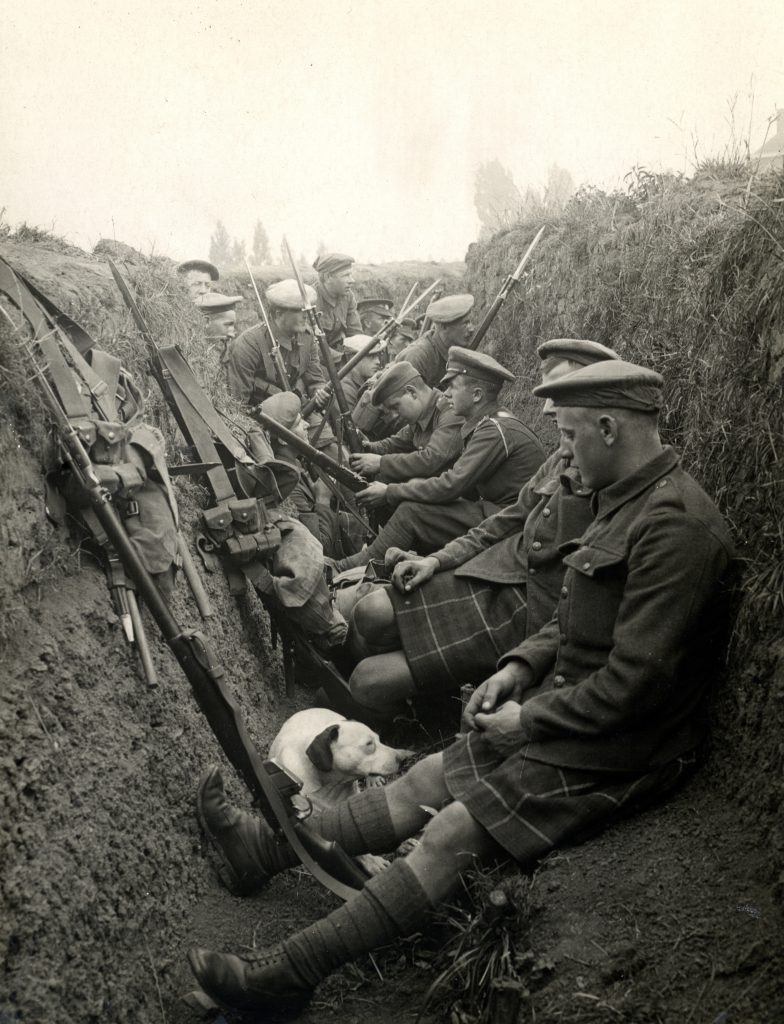
Memoirs of WWII
Summary
Memoirs of WWII is a short film series dedicated to preserving the history of the Second World War and the memory of those who served. The series will bring this important part of our history to life by relaying true, personal stories through quality production and compelling narrative.
Thoughts
The channel Memoirs of WWII is not necessarily about PTSD in war veterans, but it does provide a very personal and real account of the things our soldiers went through. The interviews with soldiers all over the world paint a gruesome and heart-wrenching picture of the second world war. With the stories told being from personal experience and seeing the accompanying emotions behind the eyes of those men, it makes the soul weep. The videos on the channel are respectively mild with what they show and tell, making it accessible to younger audiences, but we do have to take into account that the situations and things talked about in the videos might be hard to understand for those younger audiences. I do think that videos like this can be a great addition to lessons, be they on culture or history, it gives us easily accessible insight into the minds of these soldiers.
https://www.youtube.com/channel/
UCvlC_WJkNQCOqB_f9_6siPQ
Art pieces
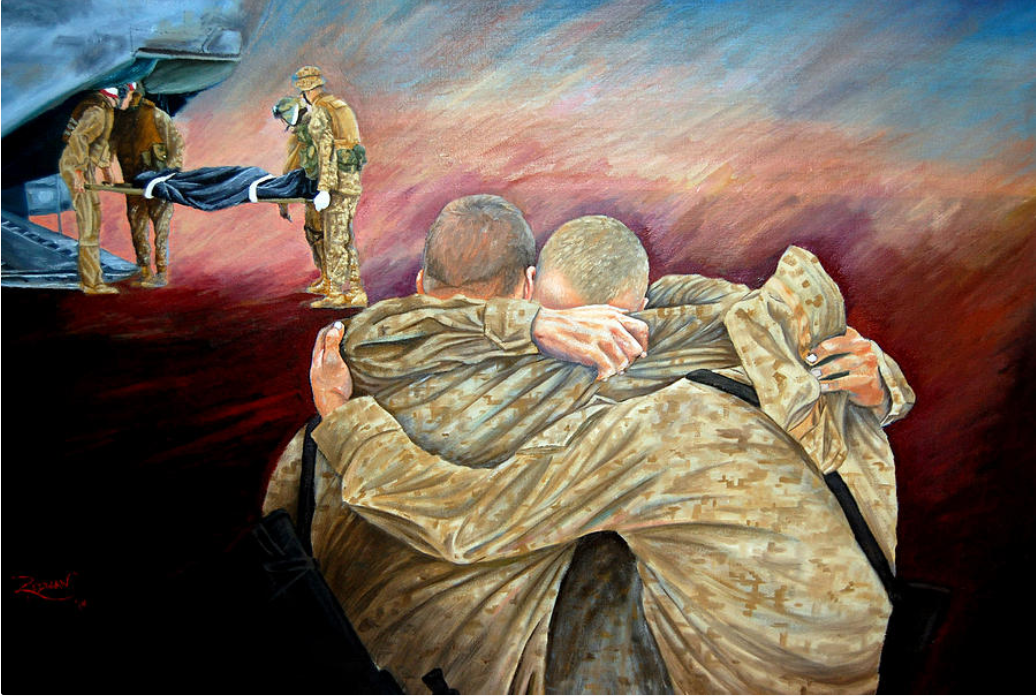
Summary
Art therapy is a form of therapy that is often utilized in the treatment of PTSD, both for war veterans and other forms of PTSD. It gives the clients an outlet to talk about their issues such as anger, aggression, depression, and anxiety, it being art also gives a certain sense of disassociation.
The veterans can confront recurring dreams or flashbacks by visualizing them on canvas or another medium, art is often one of the first supporting steps people can take on their road to recovery from PTSD.
First piece
Angel Flight by Annette Redman (pictured above)
Thoughts
The painting as shown in the image below depicts the scene of an Angel Flight.
Angel Flights is what soldiers call the airplanes flying back home, carrying their lost brethren. The sorrow you can immediately feel emanating from the painting as you observe the three soldiers huddling together for comfort. A clear image of a torn mind, in my opinion, I can only imagine the pain felt by those soldiers witnessing their brothers being carried off in a casket. This picture asks for nothing my sympathy and compassion.
https://www.hopeforthewarriors.org/newsroom/healing-pain-of-ptsd-through-ar/
https://fineartamerica.com/featured/angel-flight-ii-annette-redman.html
Second piece
22 till none by Sandi McAllister (pictured below)
Thoughts
This painting, made by a wife of a US marine. Shows us another perspective on PTSD, the soldiers reflected in the iris of the eye can represent many different things, what exactly, is up to the observer. I see the pain and suffering, both caused and felt by the veterans coming back from the war, the atrocities they have to live with and see before their eyes when they lay in bed.
How many people suffer unknowingly, alone in their homes or with their families of this unseen killer? For it is truly a killer, especially in America (whereas described next to the painting on the website) we see that around twenty-two veterans commit suicide every day, it is hard to tell if that number is still accurate but it is a scary thought nonetheless, it’s a very thought-provoking piece.
https://fineartamerica.com/featured/22tillnone-sandi-mcallister.html
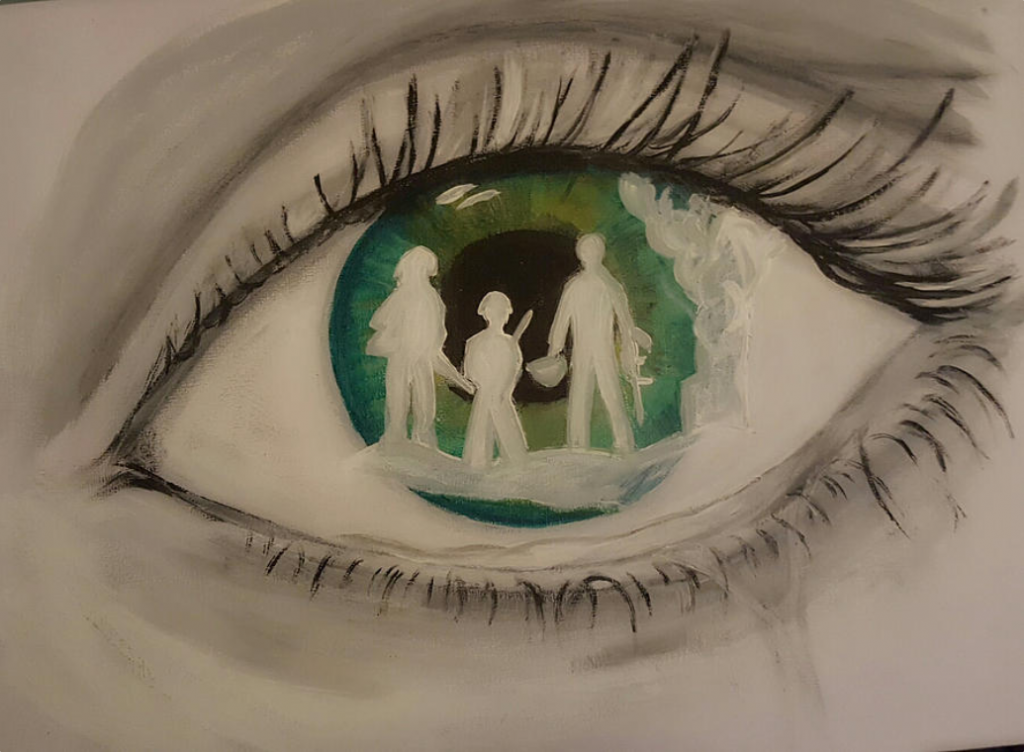
Non-fiction work
Lines in the Sand by F. Scott (I have read this).
Summary
Why would a Conscientious Objector make the choice to go to war?
In this unique book, marking the 10th anniversary of my return home from Iraq while being deployed with the U.S. Army, I answer that and much more through a transcription of my personal, handwritten journal I kept while stationed at Camp Anaconda.
I take you on a roller coaster ride through the realities of my Iraq War experience, from the boredom to the bombs, from losing my marriage to finding my inner spirituality and with on the spot journaling, you’re in the front seat.
Thoughts
The book is a collection of journal entries and personal experiences from F. Scott’s service, make it a real treat to read. Even though the book is filled with horrendous accounts of the suffering, pain, and violence Scott had to witness, the book is still very easy to read. Well written and well structured, it gives a very detailed description of his year-long service in Iraq. I wouldn’t say that this book is suitable for all readers, for there are most definitely moments that could be considered jarring to the reader. Especially the afterword of this book struck me, here the author writes of his experiences while coming home and resuming his normal life, there we can see all the damage that has been done to his mind. All in all, I believe that this book is a very good description of not the aftermath of PTSD, but it’s origins. The way Scott paints a picture of the things he has seen, the way they had to work and how he experiences those gives you a real chill down your spine and it will help you understand why some soldiers return damaged and torn from their deployment.
https://www.goodreads.com/book/show/25966340-lines-in-the-sand
Text for TP
Behind Bars, Vets With PTSD Face A New War Zone, With Little Support
Summary
Combat veterans often face a particularly daunting set of challenges upon returning home from war, which may include psychiatric disorders, unemployment, a lack of access to healthcare, or any number of other issues. In the United States, the Department of Veterans Affairs (VA) provides patient care and federal benefits to veterans and their dependents. Despite this federal attention, many argue that the government does not do enough to ensure that returning veterans can successfully and productively reintegrate themselves into civilian society.
Thoughts
This text is one that has multiple assets to its name. Firstly, it describes how being on deployment and being in jail are similar, and it continues to describe that scenario as destructive to his mind. PTSD has troubled him for years and has caused him to commit several felonies. He is still treated within the justice system as expected, but there is a clear undertone of a movement boiling under the service. Many war veterans are inside of the criminal justice system, locked up or otherwise. How did PTSD affect them and their actions? Shouldn’t the system have an extra branch to deal with these situations? All very important questions, to think about. Paired with all the questions included with the text, we can use this text in several ways. There is a possibility of using it as a discussion topic, we can use it to test reading comprehension, and with a little tweaking, it could be used as a vocabulary exercise.
https://www.commonlit.org/en/texts/behind-bars-vets-with-ptsd-face-a-new-war-zone-with-little-support